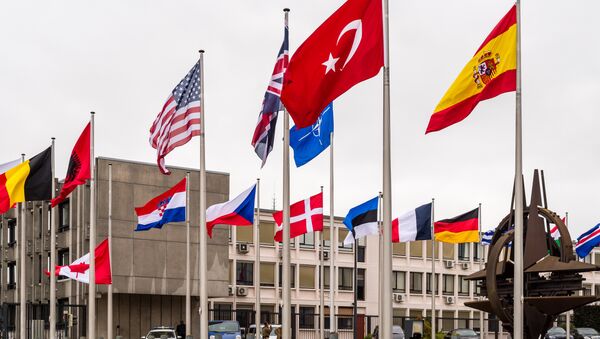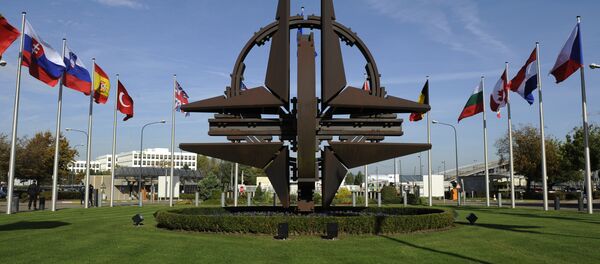“The presence of the Russia-NATO fundamental act, which was signed in 1997, continues to remain one of the key elements of military security in Europe. As was already stated today during the conference, the overall activities by NATO on its eastern flank, including the continual rotation of forces, deploying heavy weaponry on a permanent basis, continual exercises, the patrolling of airspace, reinforcing sea groupings, first and foremost in the Baltic Sea and now in the Black Sea, disrupt the purpose of this fundamental act,” Gruskho said at an international security conference in Moscow.
He said that NATO’s activities are seriously harming security in Europe and on the regional level.
“It seems as though NATO countries are trying to impose a confrontational scheme of providing security based not on the presence of military restraint, but through the deployment of additional military potential, which will obviously lead to responsive measures from our end. Such approaches contradict the actual need of security, as well as the task of joining the efforts of all states in the fight against common threats and challenges,” Grushko said.



